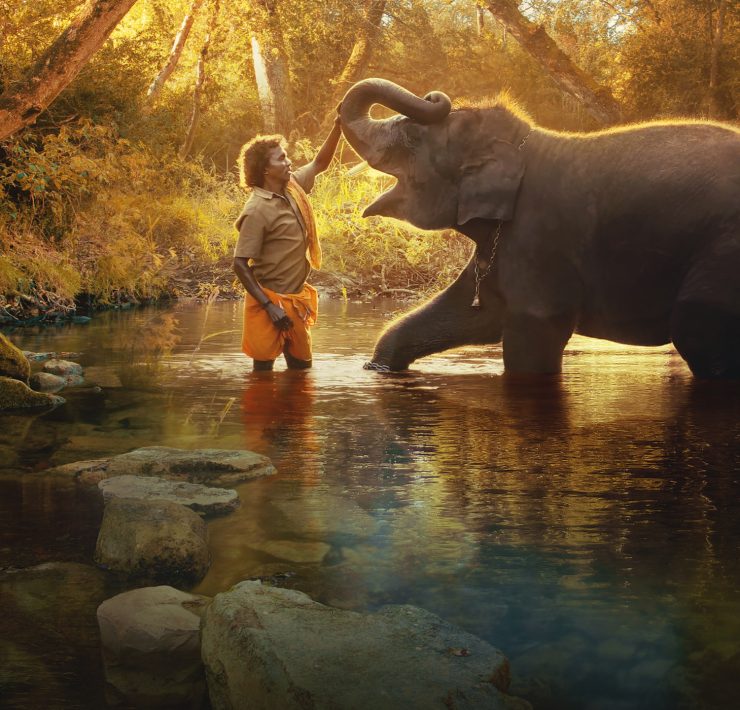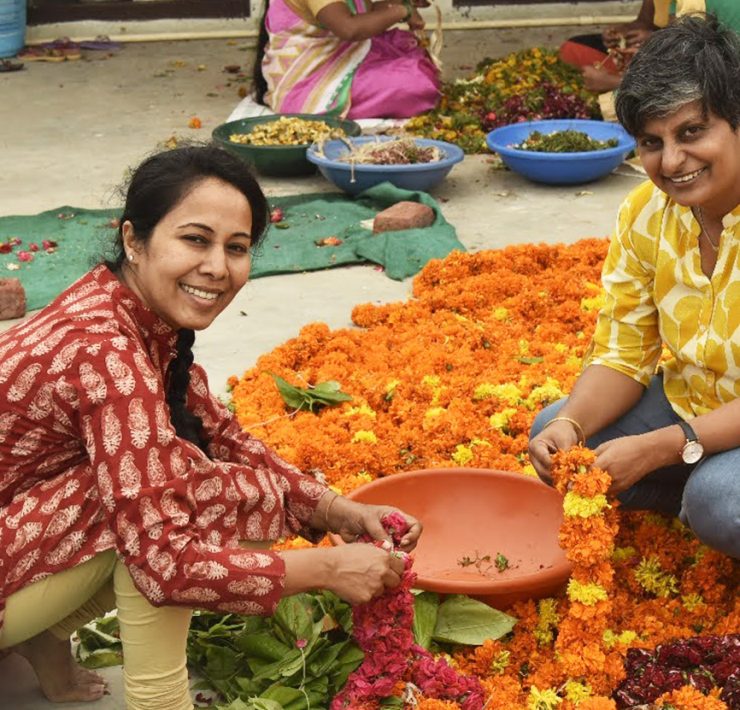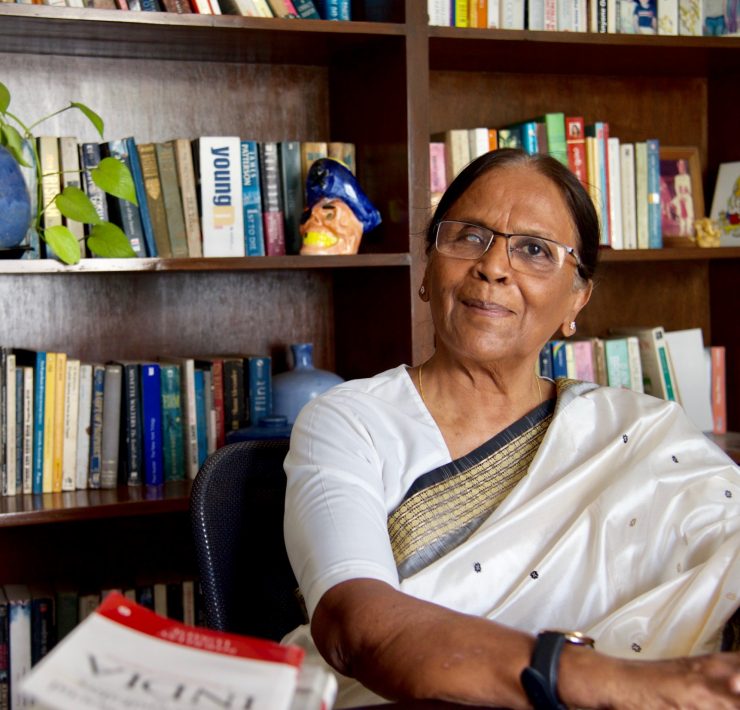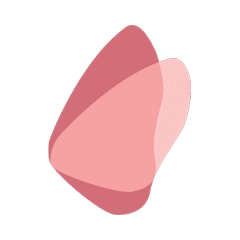Treewear – Making the everyday organic
- Made of organic ingredients that are often good enough to eat, TreeWear provides chemical-free alternatives for everyday articles
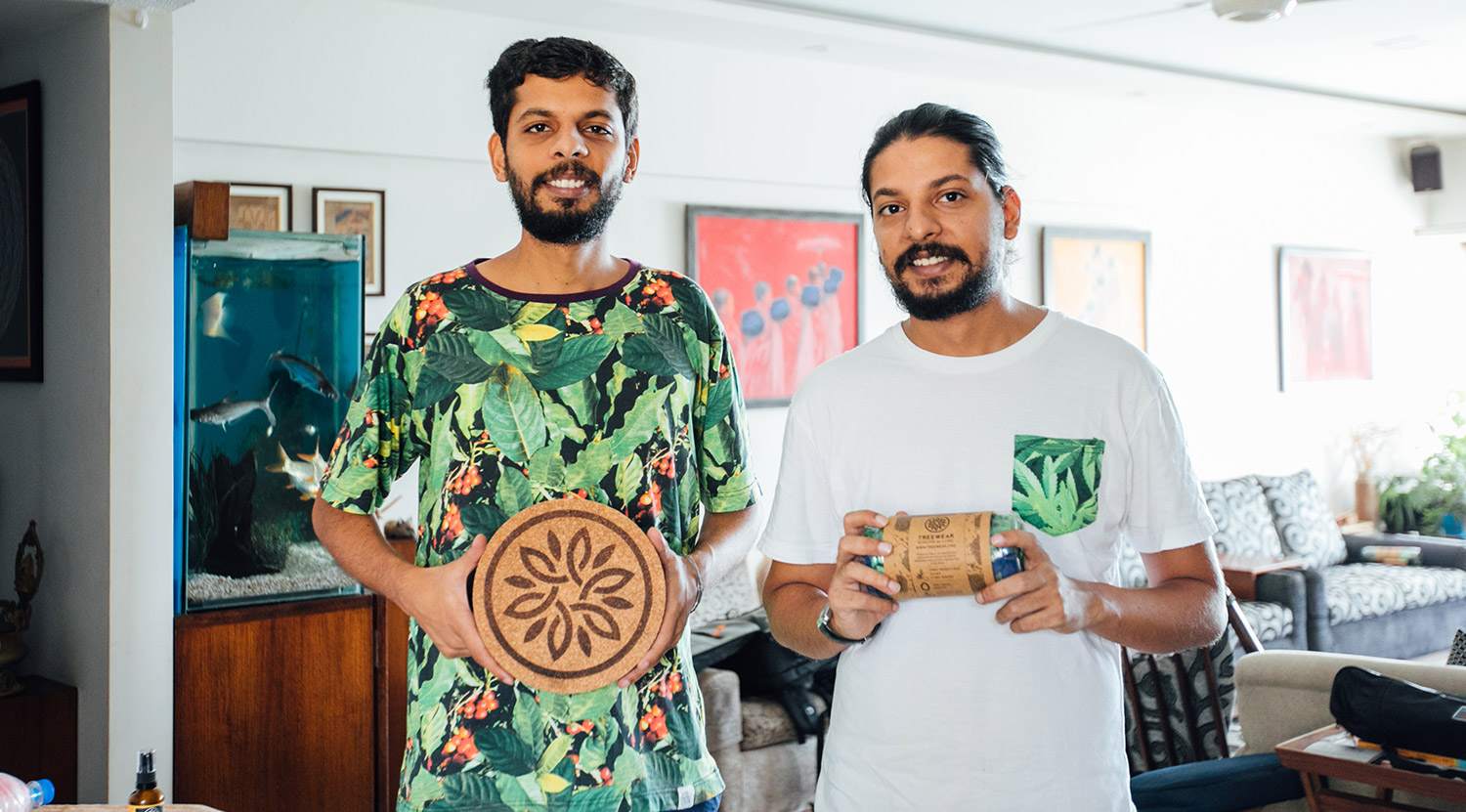
We’re a team that is unlearning modern-day, convenient living to…
The co-founders of TreeWear, Mishal and Mikail come from distinct backgrounds –product design and psychology – but are driven by the common idea of a sustainable lifestyle. Says Mishal, “We care about our impact on the environment and wanted to do something that helps us sustain it. When we set out to do something of our own, we knew that it had to be in this space.”
‘We care about our impact on the environment and wanted to do something that helps us sustain it’

The brothers started off with T-shirts made from organic cotton and organic dyes. These are shipped in reused mineral water bottles and the scrap from the T-shirt production is used to make upcycled foot mats. From here, they moved to making products that helped them personally transition to a more mindful life. “When we were brainstorming for our product line, we thought of products that we use in our daily lives that create a negative impact on the environment but don’t have a sustainable alternative for. Soaps for instance, are an easy transition but there are enough of those in the market. We wanted to explore beyond the bathroom essentials,” says Mishal.

The brand currently creates hand sanitizers, insect repellents and paper stick deodorants apart from T-shirts. All the material used is organic and some of it is actually food grade. “If it’s good enough to eat, it’s good enough to put on your skin,” says Mikail. To maintain transparency in their production process, TreeWear uses products that are easily identifiable and accessible to the customers. “We don’t want to alienate people by naming cryptic ingredients like many other brands do. The ambiguity around the names is often to cover up for non-organic substances or ‘green-washing’ as it’s popularly called. We use ingredients that you know and have probably used before.”
‘We don’t want to alienate people by naming cryptic ingredients like many other brands do’
Launched in 2016, it started as a two-man army handling everything from production and packaging to photography, marketing and even website design. Three years down the line, they have a few more hands on deck and hope to employ people from a local village near Alibaug where their studio will soon come up.
A novel concept that the brothers have introduced as incentive to their customers is the chance to help plant a tree or ‘Buy one get one tree’ as they call it. For every T-shirt purchased or every few personal care products bought, they sponsor the planting of a tree, the growth of which can be tracked by the customer. “When we thought of designing the T-shirts, the tree print was the unanimous idea. So we thought why not extend it to the physical world? We work with Grow-Trees.com to plant trees across the country. Not only do they plant excess trees to account for the ones that won’t survive the initial stages, but also employ locals in the area for the tree’s upkeep for up to three years,” informs Mishal.
Going forward, Mishal and Mikail want to add to their range of products and encourage more people to take the sustainable route. “Our philosophy is that if you use products that aren’t organic, by all means move to a sustainable alternative. If you’re not someone who uses a deo stick or hand sanitizer in the first place, you’re already where we want many others to be – a place of minimal consumption.”
We’re a team that is unlearning modern-day, convenient living to be able to lead an environmentally ethical life, and in the process sharing our insights with our readers.

